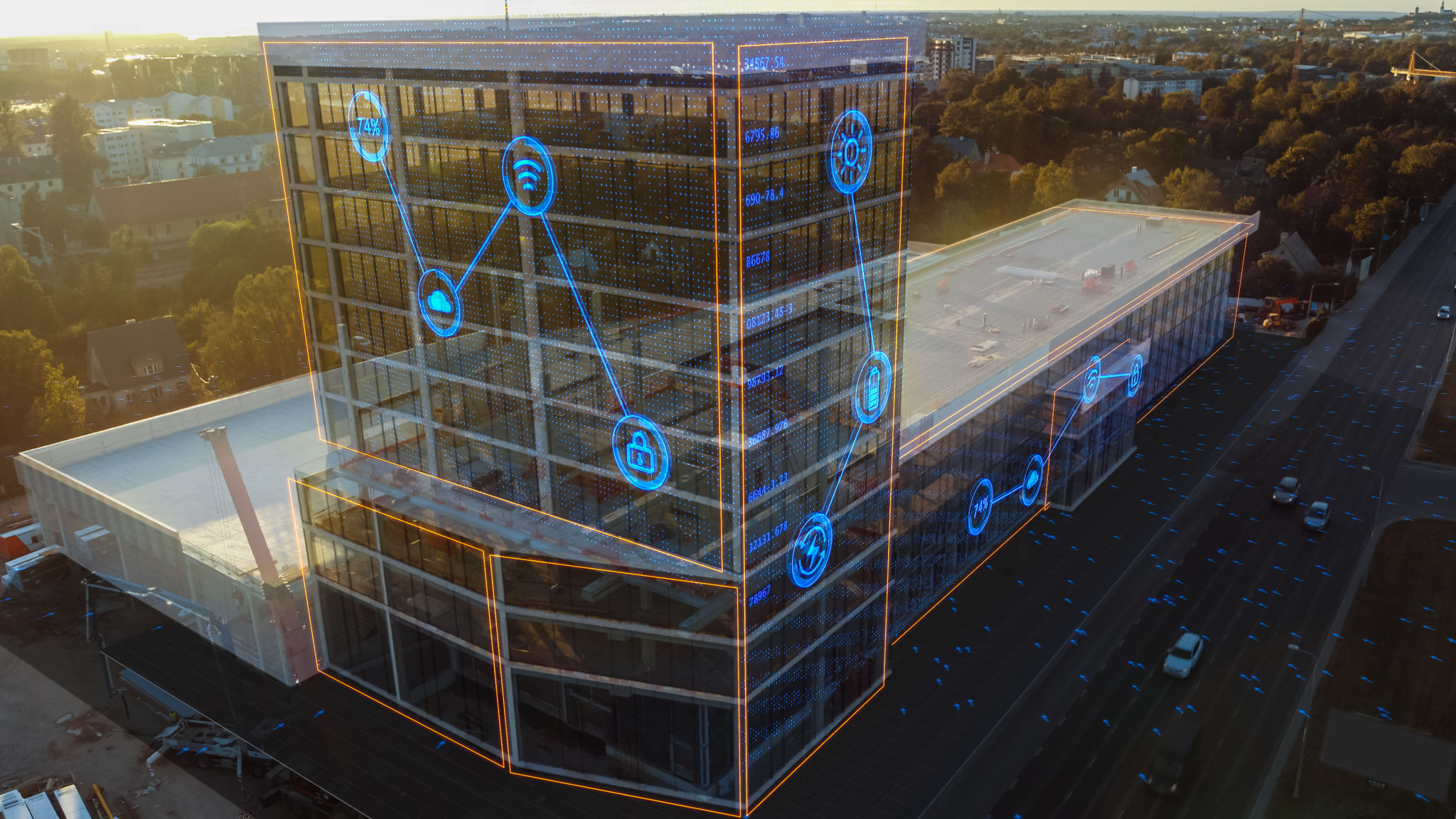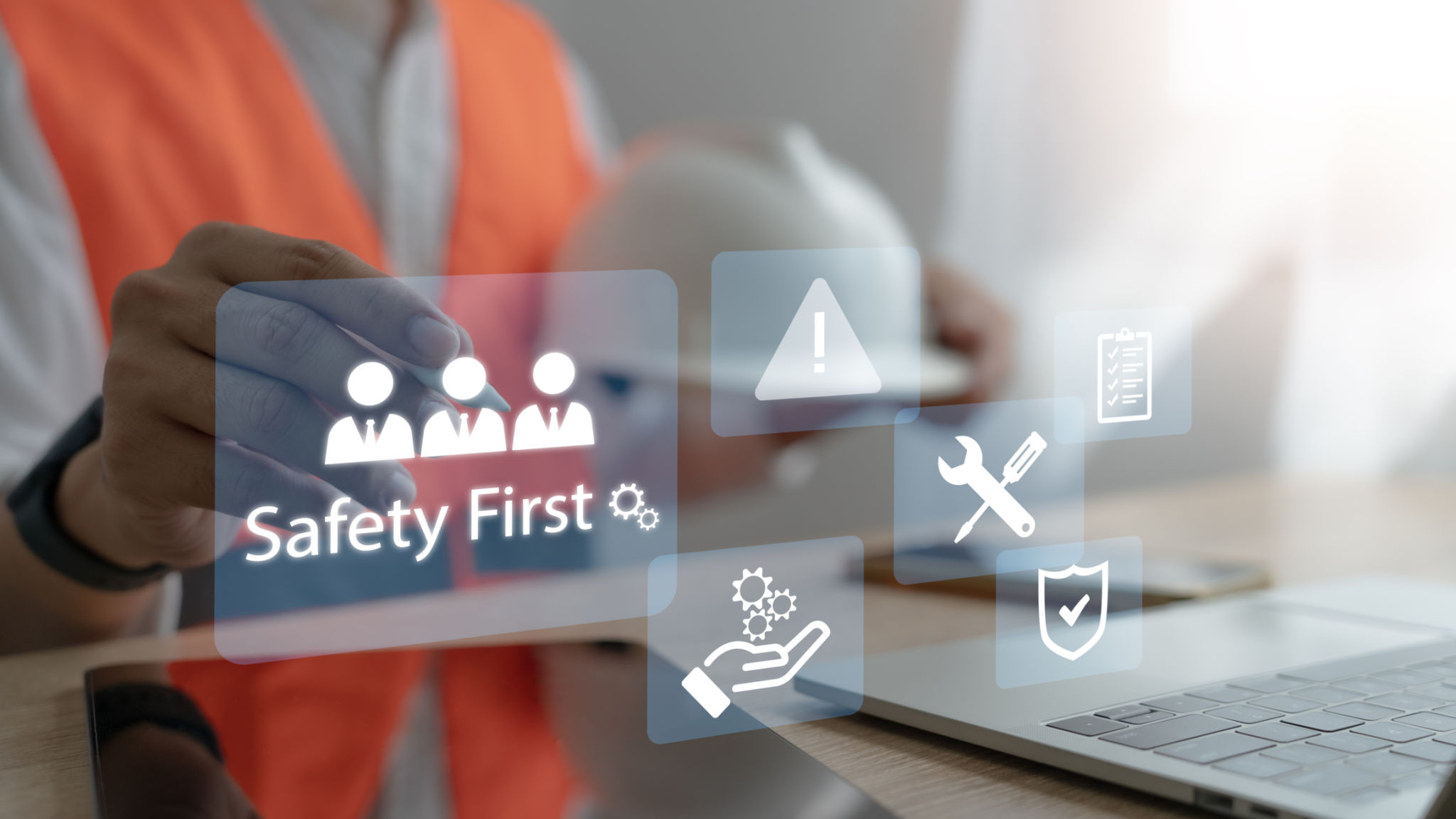Expert Tips for Effective Facility Management Solutions
Understanding the Core of Facility Management
Facility management is a complex discipline that encompasses the maintenance, operation, and optimization of facilities and infrastructure. Effective facility management ensures that buildings and their services support the core objectives of an organization. As the demands on facilities grow, so does the need for proficient management. Understanding the core principles is essential for delivering efficient solutions.
One of the primary goals of facility management is to enhance the functionality and safety of spaces while optimizing costs. Facility managers play a crucial role in ensuring that both physical and operational aspects align with strategic company goals. By focusing on both short-term needs and long-term sustainability, facility managers can significantly contribute to organizational success.

Implementing a Strategic Plan
Developing a strategic plan is vital for effective facility management. This involves setting clear objectives, identifying necessary resources, and establishing a timeline for achieving goals. A strategic plan not only provides direction but also helps in assessing performance and making informed decisions.
One effective strategy is to employ a Preventive Maintenance Program. By scheduling regular inspections and maintenance, facility managers can prevent costly repairs and extend the lifespan of equipment. Integrating technology such as Computerized Maintenance Management Systems (CMMS) can further enhance the effectiveness of these programs by automating tasks and tracking asset performance.
Embracing Technology and Innovation
In today's digital age, technology plays a pivotal role in facility management. From smart building technologies to IoT solutions, embracing innovation can lead to significant improvements in efficiency and cost-effectiveness. Implementing smart sensors and automation can help monitor real-time data, enabling proactive decision-making.
Moreover, leveraging data analytics allows facility managers to gain insights into energy usage, space utilization, and operational performance. This data-driven approach not only aids in optimizing current operations but also helps in forecasting future needs and planning accordingly.

Enhancing Sustainability Practices
Sustainability has become a key focus area in facility management. Implementing green practices not only reduces environmental impact but also leads to cost savings. Facility managers can start by conducting energy audits to identify areas for improvement and implementing energy-efficient solutions.
Utilizing renewable energy sources, reducing water consumption, and implementing waste reduction programs are effective strategies for enhancing sustainability. These initiatives not only contribute to environmental goals but also improve the organization's reputation and stakeholder satisfaction.
Ensuring Compliance and Safety
Compliance with legal and safety standards is non-negotiable in facility management. Facility managers must stay updated with regulations to ensure that all operations meet industry standards. Regular training sessions for staff on safety protocols and emergency response plans are essential components of a comprehensive safety program.
Incorporating technology such as safety management software can streamline compliance processes, making it easier to track incidents, manage documentation, and ensure that all safety measures are in place.

Fostering Effective Communication
Communication is crucial for successful facility management. Establishing clear lines of communication between facility managers, staff, and stakeholders ensures that everyone is informed and aligned with organizational goals. Regular meetings, updates, and feedback loops can facilitate this process.
Additionally, using digital tools such as collaborative platforms can enhance communication by providing a centralized hub for sharing information, tracking progress, and addressing issues promptly. This not only improves teamwork but also boosts overall productivity.
Continual Improvement and Adaptation
The landscape of facility management is continually evolving, requiring managers to adapt to new challenges and opportunities. Emphasizing continual improvement through regular assessments and feedback can help identify areas for enhancement.
Encouraging a culture of learning within the organization allows team members to stay abreast of new trends and best practices. By fostering innovation and flexibility, facility managers can ensure that their strategies remain relevant and effective in a rapidly changing environment.

Conclusion
Effective facility management is a dynamic process that requires strategic planning, technological integration, sustainability initiatives, compliance adherence, communication, and continual improvement. By focusing on these expert tips, facility managers can deliver solutions that not only meet current demands but also position their organizations for future success. As the world evolves, so must the strategies employed in managing facilities to ensure they continue to support organizational growth and resilience.